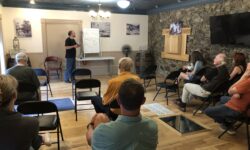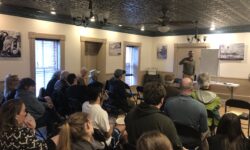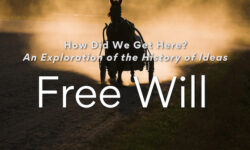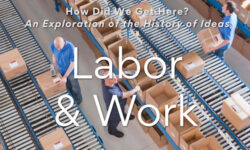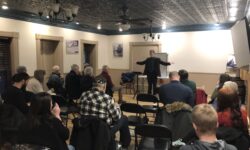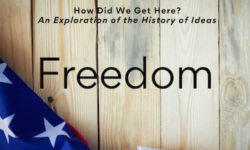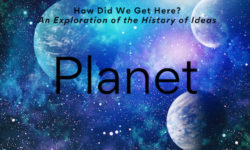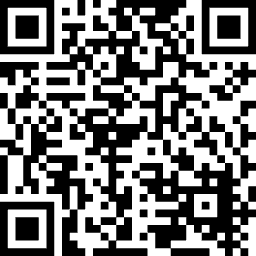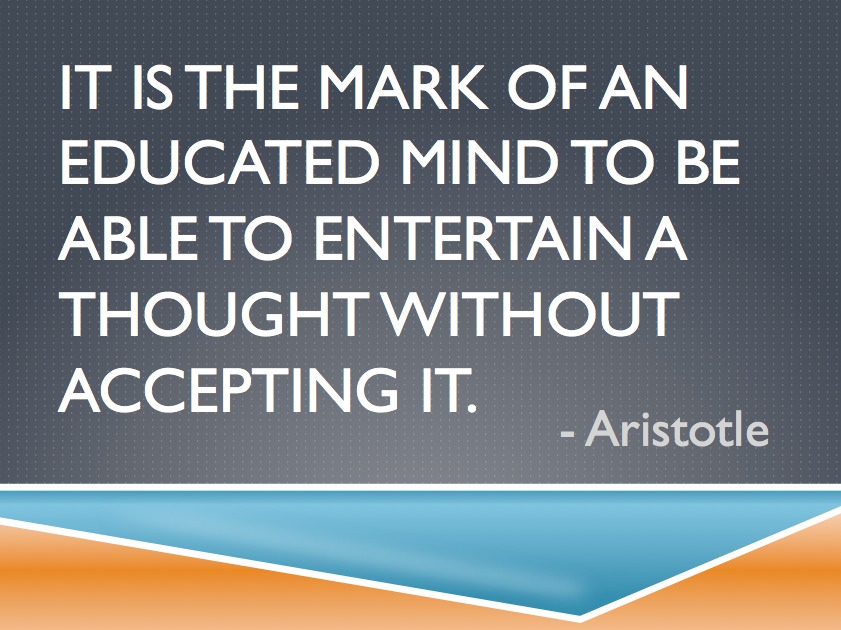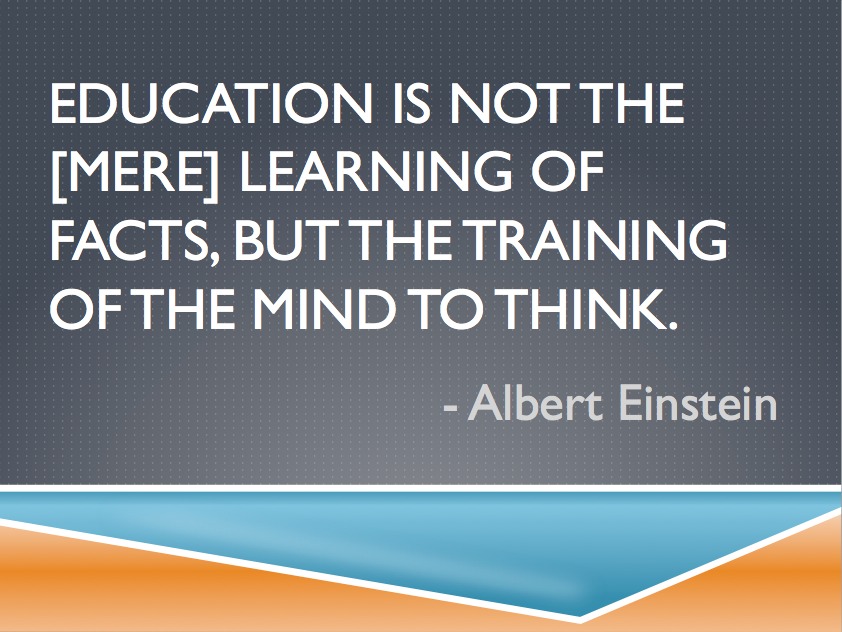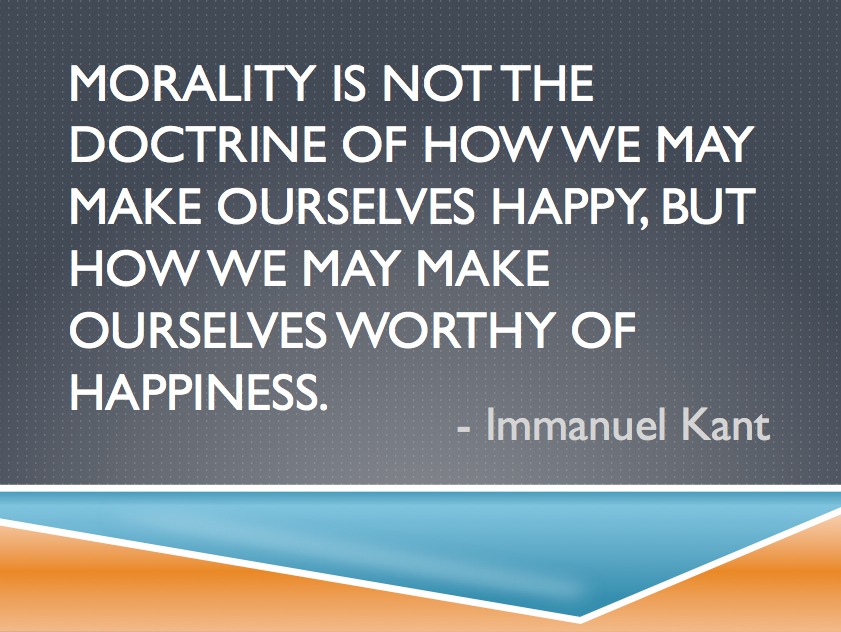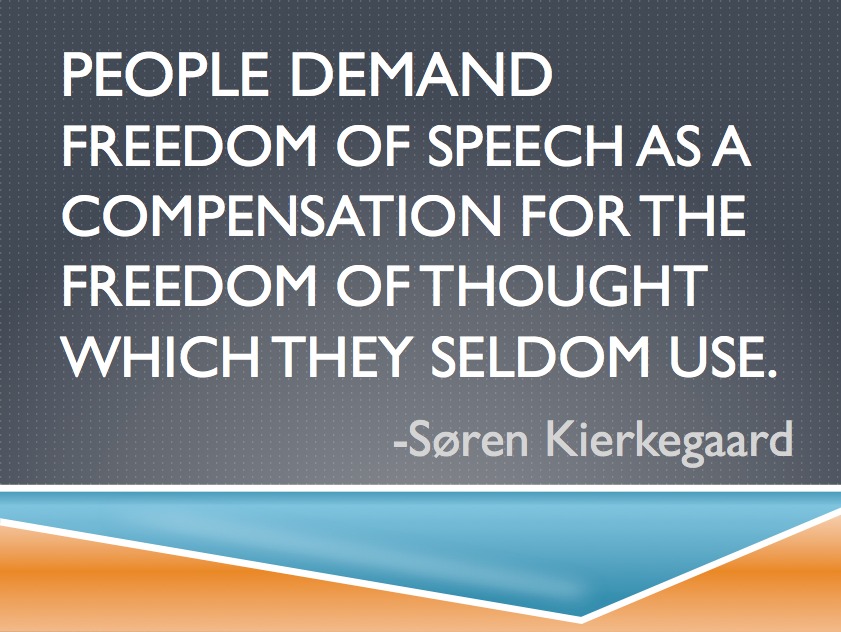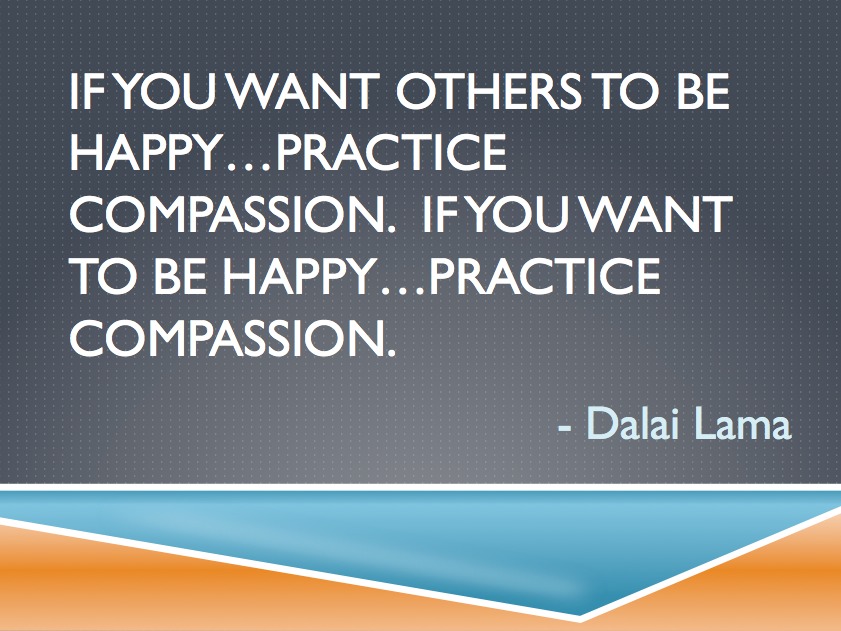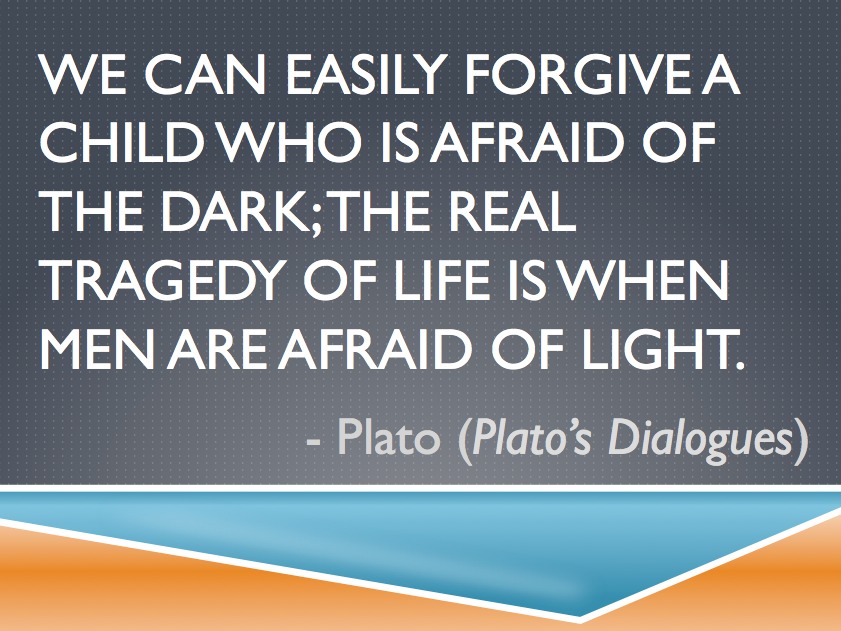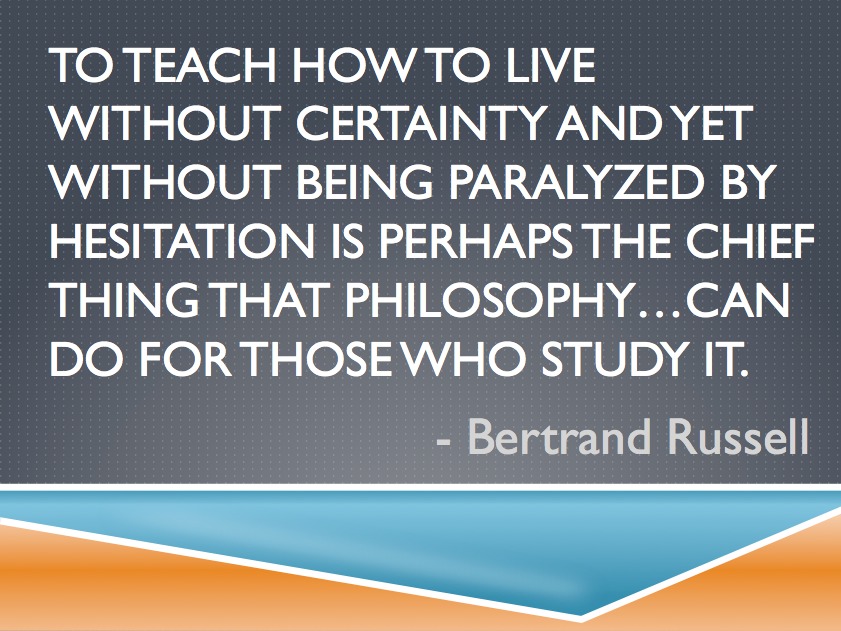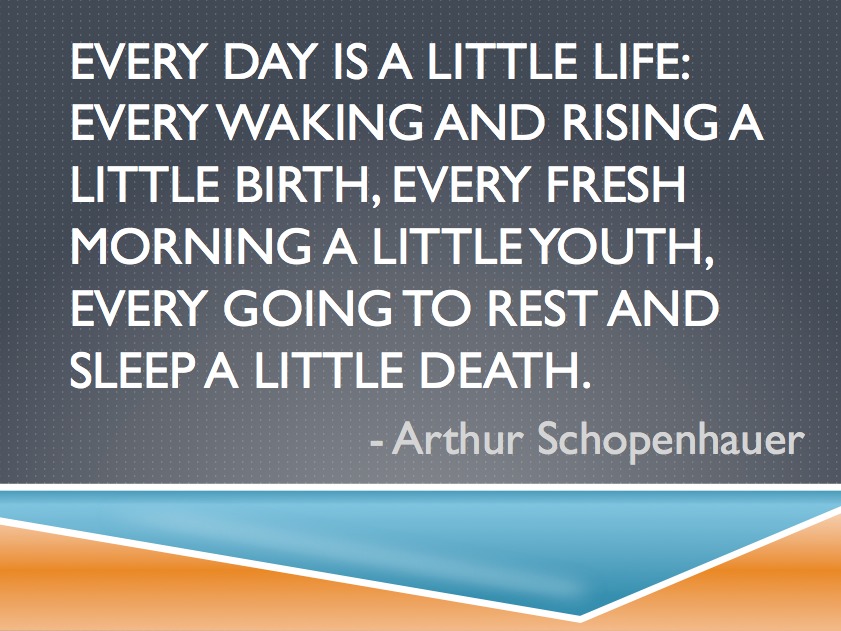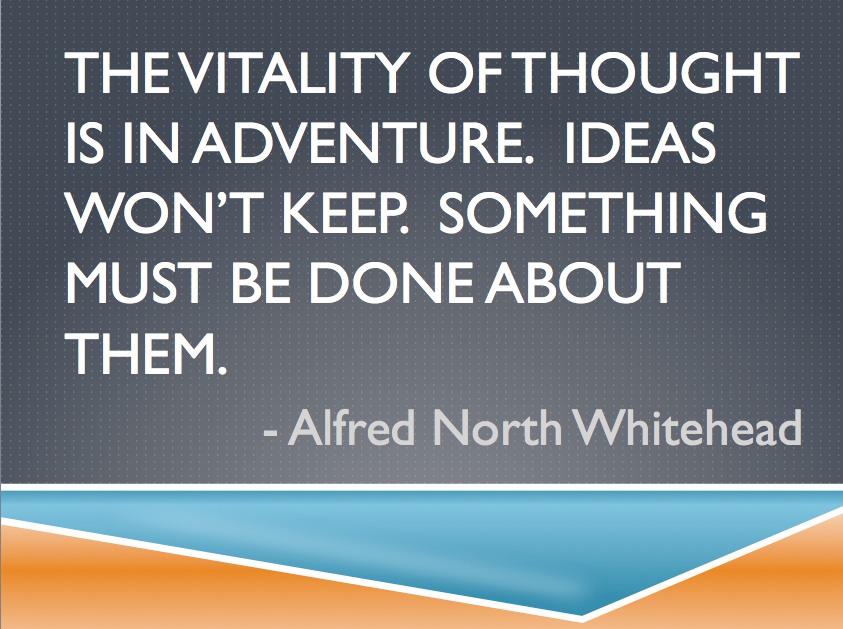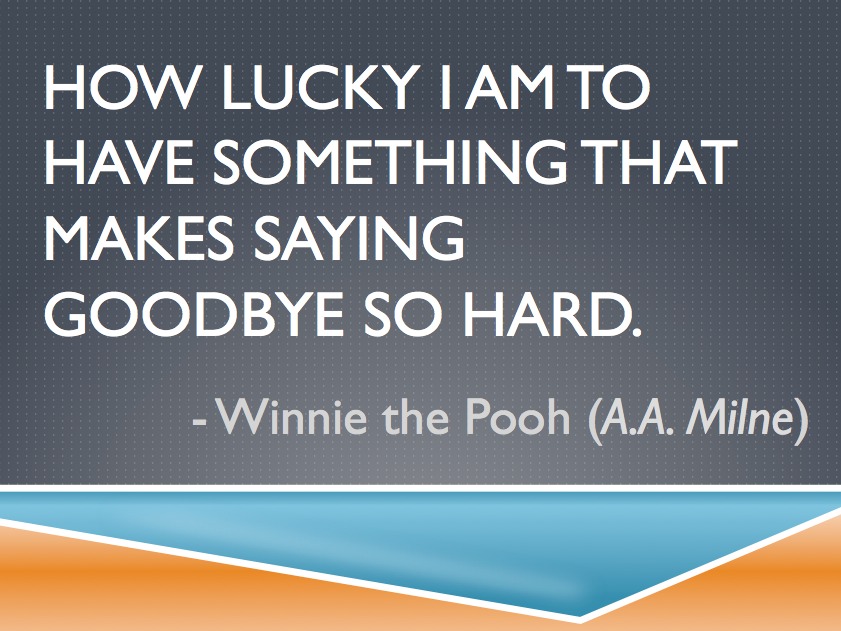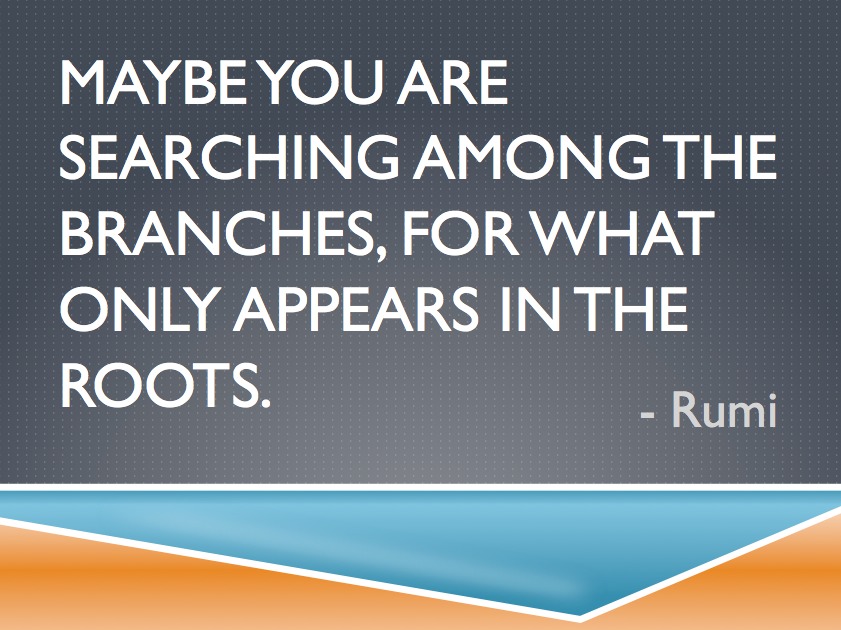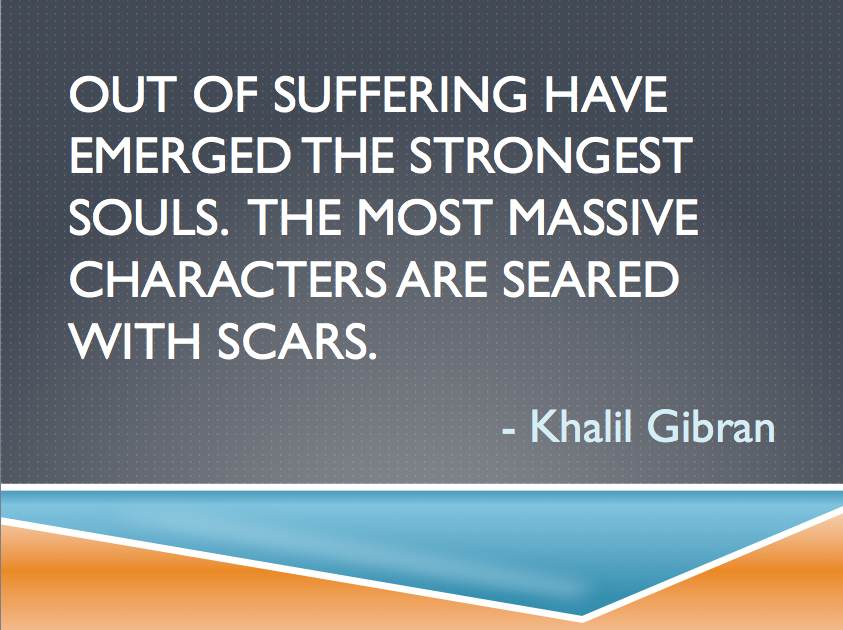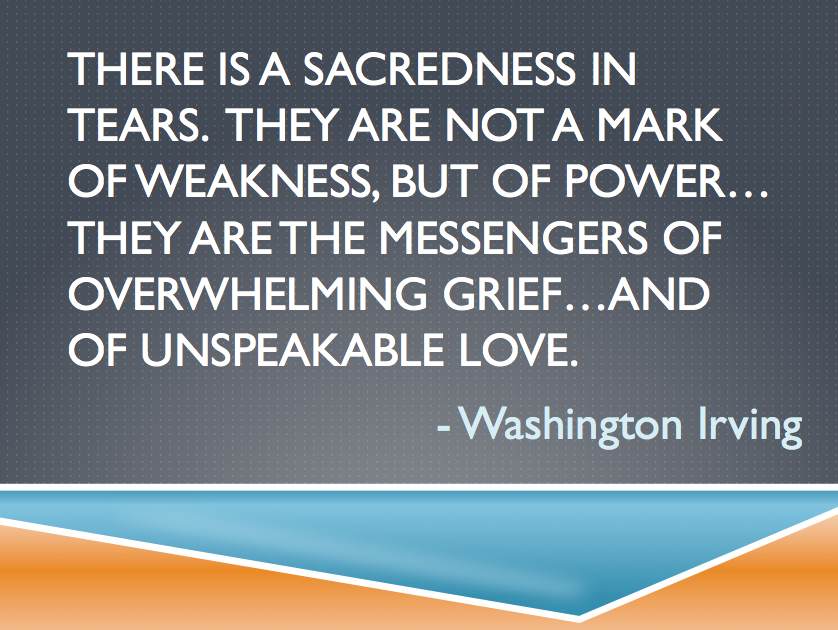How Did We Get Here?: Free Will
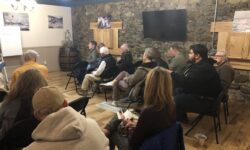
Debates about “free will” crop up in a wide, wide variety of areas: In discussing law and punishment, we ask whether the defendant acted “of his own free will.” In physics and metaphysics, we wonder whether the future is fully deterministic, or whether our choices might affect the course of things. Theologians of various religious traditions ponder a variety of problems over how to reconcile human freedom with divine providence. And researchers in neuroscience and the philosophy of mind worry over the legacy bequeathed to them from Descartes: how, if at all, can the mind even be connected to the body? What, if anything, do these widely varied conversations in divergent fields have in common, besides the name “free will”? Access more here!

